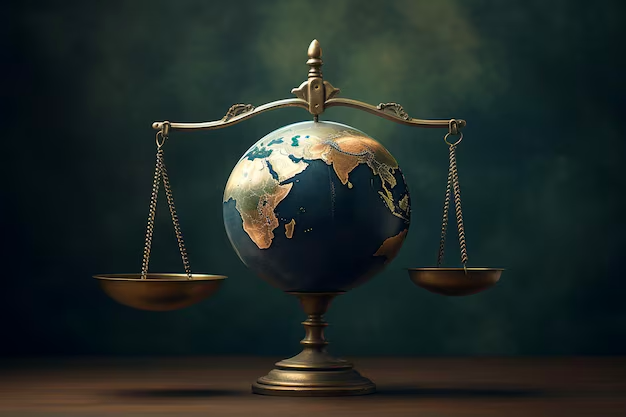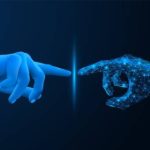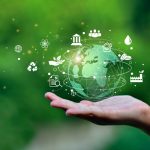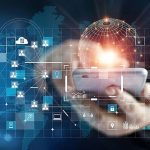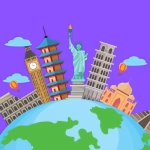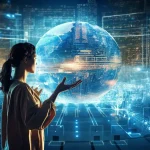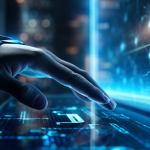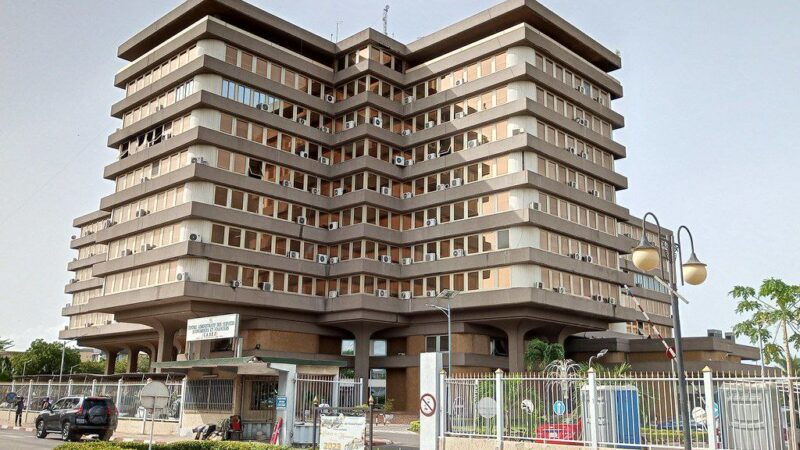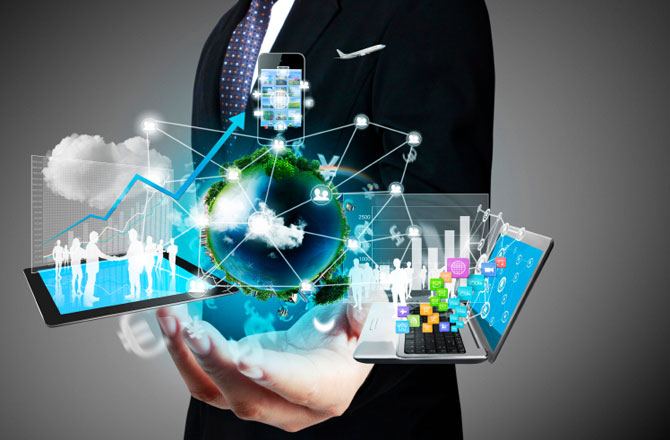Introduction
The modern world is witnessing a dramatic rebalancing of power — one driven by technology, global politics, and the unrelenting influence of celebrity culture. No longer can these domains be viewed separately. From AI shaping elections to movie stars influencing climate policy, every facet of human life now exists within an interconnected web of digital influence and public perception.
The world’s most powerful voices are no longer confined to government halls but amplified through algorithms, viral moments, and social platforms that shape how nations think, act, and evolve.
The Political Pulse of the Digital Era
Politics today is inseparable from technology. Governments rely on artificial intelligence, data analytics, and cyber systems to control narratives, anticipate crises, and manage governance. The digital public square — once a space for free expression — has become an arena of power struggles where misinformation, digital manipulation, and surveillance coexist with genuine civic engagement.
Political campaigns are now laboratories of innovation, where AI can predict voter behavior and social media algorithms can determine public sentiment long before ballots are cast. As the digital influence deepens, the very essence of democracy faces redefinition.
Celebrities as Modern Statesmen
The 21st century has given rise to a new kind of leadership — that of celebrity statesmanship. Figures such as Angelina Jolie, Elon Musk, and Malala Yousafzai command influence on matters once reserved for diplomats and policymakers. When stars speak, governments listen. Their voices reach millions within minutes, shaping global discourse on issues ranging from environmental justice to technological ethics.
The blurring line between fame and diplomacy reflects a cultural shift where credibility is earned through visibility rather than political office. However, this evolution also sparks debate about accountability — can influence without formal power truly drive sustainable change?
Global Power Shifts in a Connected Economy
Economically, the world is witnessing tectonic changes. Digital markets, cryptocurrencies, and AI-driven trade systems have upended traditional notions of wealth and authority. Nations once considered peripheral are rising as technological hubs, while established powers scramble to retain control over innovation.
The new global economy rewards adaptability and information more than natural resources. Yet, as the digital divide widens, many regions risk exclusion from this progress. Ensuring equitable access to technology has become one of the defining challenges of modern governance, one that will determine the future balance of prosperity.
Tech Giants and Political Influence
The influence of technology companies rivals that of governments. Corporations like Google, Meta, and OpenAI hold unprecedented power over information flow, shaping public thought through algorithms that dictate visibility. Their CEOs are as politically influential as world leaders, often summoned before parliaments to explain their impact on elections, data privacy, and national security.
The relationship between these tech titans and state power remains a tightrope walk — collaboration brings progress, but overreach threatens democracy. The global question remains: who truly governs the modern world — elected leaders or digital architects?
The Role of Media in the New Information Order
Media remains the backbone of perception, but in the digital age, it has undergone seismic transformation. Traditional journalism competes with influencers, AI-generated reports, and citizen-led movements. The velocity of information has replaced accuracy as the metric of relevance. Governments, celebrities, and corporations weaponize narratives to control reputations and redirect attention.
In this battlefield of perception, trust is the rarest currency. Independent media organizations must now combine rigorous fact-checking with technological innovation to survive in an ecosystem dominated by virality and emotion rather than evidence.
Cultural Diplomacy and Soft Power
In an age where political borders blur through screens, soft power has become more potent than military might. Nations are investing heavily in cultural diplomacy — from K-pop shaping South Korea’s image to Hollywood’s influence on global norms. Even streaming platforms like Netflix and YouTube serve as silent ambassadors, exporting values, language, and ideology.
This new form of cultural exchange fosters understanding but also fuels subtle competition for global influence. The most successful nations of tomorrow will not just have strong economies but compelling narratives that resonate with the global youth.
Human Identity in the Age of Algorithms
As technology integrates deeper into daily life, humanity faces an existential dilemma — are we leading innovation, or is innovation leading us? Social media dictates emotions, wearable devices monitor behavior, and AI tools predict desires before they are expressed. The individual’s sense of privacy and autonomy is fading into a cloud of data-driven convenience.
Philosophers and scientists alike warn that as technology evolves faster than regulation, humanity risks losing its ethical compass. The future depends on redefining digital responsibility — where progress must be balanced with preservation of human dignity.
FAQs
How is AI changing the global balance of power?
AI gives technologically advanced nations significant control over defense, communication, and economic growth, reshaping traditional power hierarchies.
Why are celebrities becoming political voices?
Because their massive audiences enable them to raise awareness and pressure governments on critical global issues like climate, human rights, and equality.
Can technology companies influence politics?
Yes. Platforms like Facebook and X shape how people consume news and can indirectly influence election results through algorithmic exposure.
What is the digital divide?
It refers to the gap between populations with access to modern technology and those without, which limits education, opportunity, and participation in global progress.
Is humanity losing control to technology?
Partially. As automation and AI evolve rapidly, human oversight and ethical frameworks struggle to keep pace, raising concerns over dependence and manipulation.
Conclusion
The convergence of technology, politics, and celebrity influence represents both progress and peril. Humanity is writing a new chapter — one defined by interconnectivity, immediacy, and influence. Every tweet, algorithm, and innovation now holds the power to shape nations and minds. Yet, with such reach comes responsibility, and the greatest challenge of our era is learning how to wield power without losing perspective.
In the end, the fate of global balance will not be decided by machines or monarchs, but by the collective wisdom of a connected world. The ability to merge innovation with empathy, speed with sincerity, and influence with integrity will define the civilization of tomorrow. The future is already here — the only question is how wisely we’ll choose to shape it.



